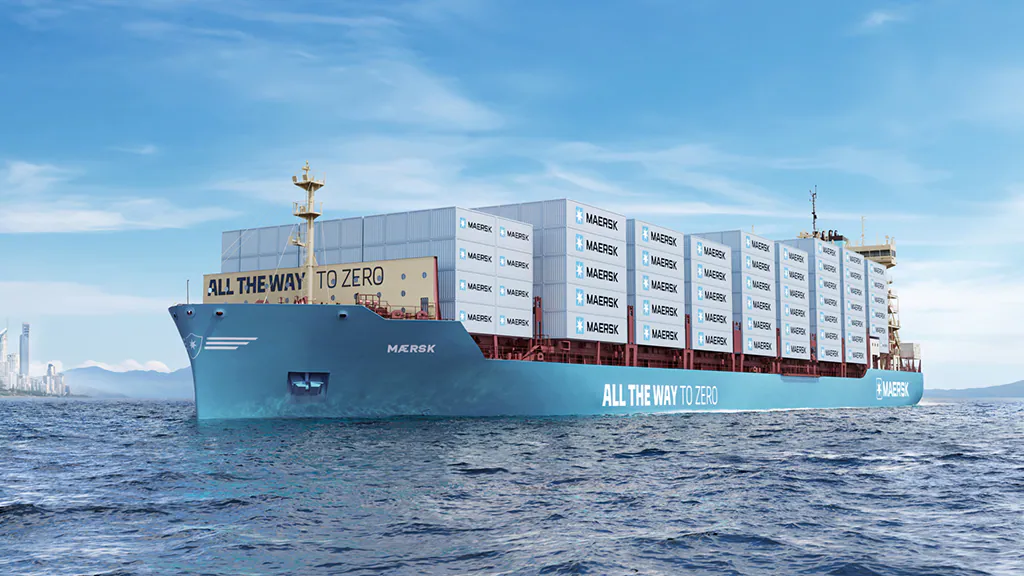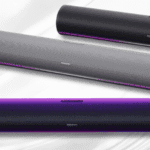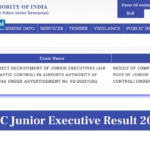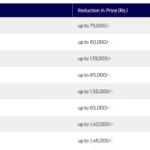In the vast world of international trade, one name looms larger than most — A.P. Moller – Maersk, or simply Maersk. Recognizable by its iconic blue containers and seven-pointed white star, Maersk is not just the largest container shipping company in the world — it’s also a symbol of innovation, resilience, and global connectivity.
From its humble beginnings in Denmark to becoming a leader in integrated logistics, journey is a story of strategic evolution, technological leadership, and a bold commitment to sustainability.
📜 A Legacy Over a Century Old
Maersk was founded in 1904 by Captain Peter Mærsk Møller and his son Arnold Peter Møller in the small Danish town of Svendborg. The company started with a single steamship, the S.S. Laura, and gradually expanded by acquiring new vessels and routes.
During the World Wars and post-war reconstruction, Maersk adapted and grew, evolving into a major player in the tanker and cargo trade. Its global liner services took off in the mid-20th century, and by the late 1990s, Maersk had emerged as a leader in container shipping.
🌍 A Truly Global Presence
As of 2025, operates in over 130 countries, employs 100,000+ people, and serves millions of customers across continents. It controls a fleet of:
- 700+ container vessels
- Over 4 million TEUs (twenty-foot equivalent units) of container capacity
- Dozens of terminals and warehouses globally
With headquarters in Copenhagen, Denmark, has regional offices and operations in key hubs like Singapore, Mumbai, Dubai, Rotterdam, Shanghai, and New York.
📦 From Ocean Shipping to Integrated Logistics
While shipping remains the core of business, the company has transformed into a fully integrated logistics provider.
Key segments now include:
- Ocean Transportation: The world’s largest container shipping operation
- Logistics & Services: Door-to-door solutions including warehousing, customs clearance, and distribution
- Terminals (APM Terminals): Operates 75+ ports worldwide
- Air Cargo: A growing division for time-sensitive freight
Their vision is to become the “Global Integrator of Container Logistics,” helping businesses move goods from factory to shelf with end-to-end visibility.
💡 Embracing Innovation and Technology
It is not just a maritime company; it’s a tech-forward logistics leader.
Major digital initiatives include:
- Maersk Flow: A digital platform for supply chain visibility
- Remote Container Management (RCM): IoT-based system for tracking temperature and position of refrigerated containers
- Blockchain trials (in partnership with IBM) for digital trade documentation (TradeLens project)
Automation in ports, AI-based route optimization, and predictive analytics are key parts of their strategy to cut costs and emissions while improving delivery timelines.
🌿 Green Transformation: Leading the Way in Sustainable Shipping
The shipping industry is responsible for nearly 3% of global greenhouse gas emissions. Maersk has taken bold steps to address this:
🌱 Sustainability Goals:
- Net-zero carbon emissions by 2040
- Intermediate target: 50% reduction in emissions by 2030
- 100+ green vessels on order powered by methanol and biofuels
In 2021, launched the world’s first carbon-neutral container ship powered by green methanol, marking a revolutionary step in maritime decarbonization.
They are also investing in:
- Green fuel production facilities (in Denmark and Egypt)
- Carbon-neutral logistics services
- Circular packaging and emissions offsetting
commitment positions them as a pioneer in eco-conscious logistics.
📈 Financial Overview (as of 2024–25)
| Metric | Value |
|---|---|
| Annual Revenue | ~$78 billion USD |
| Net Profit | ~$9.6 billion USD |
| TEU Volume | ~39 million TEUs |
| Market Share | ~17% of global trade |
| Fleet Size | ~720 vessels |
After peaking during the pandemic-era shipping boom, Maersk has shifted its focus from aggressive expansion to resilient, sustainable, and customer-focused logistics.
🧩 Strategic Acquisitions & Expansion
It has made several strategic acquisitions to expand its logistics footprint, including:
- Performance Team (USA) – Warehousing & distribution
- Senator International – Air freight expansion
- Visible Supply Chain Management – E-commerce logistics
- Pilot Freight Services – Expanding North America fulfillment
These moves reflect Maersk’s strategy to build a one-stop-shop for supply chain solutions, especially for large retailers and D2C brands.
💬 What Sets Maersk Apart?
- Vertical Integration: Few companies offer ocean, air, land, and warehousing solutions under one umbrella.
- Tech-Driven: From digital booking to real-time shipment tracking, is reshaping freight movement.
- Sustainability Leadership: Green methanol vessels and carbon tracking are industry-leading.
- Customer Centricity: Personalized dashboards, API integrations, and dedicated account management.
Their agility in responding to global supply chain disruptions (like COVID-19 or the Red Sea crisis) has earned them global trust.
🧭 Future Roadmap: What’s Next?
- Launching fully electric trucks for inland transport in Europe and the USA
- Expanding green fuel partnerships in Asia and Africa
- Strengthening e-commerce fulfillment services globally
- Leveraging AI and machine learning for dynamic pricing and predictive logistics
With rising geopolitical challenges and growing demand for resilient supply chains, Maersk is positioning itself as a future-ready logistics platform.
🧠 Did You Know?
- The iconic Maersk logo — the seven-pointed white star — was inspired by a bright star seen by Captain Møller’s wife during his illness.
- Maersk was once the largest operator of oil tankers, later divesting its energy arm (Maersk Oil) to focus solely on logistics.
- Their ships are often named after family members and Nordic heritage, such as Emma Maersk and Gudrun Maersk.
🧾 Final Thoughts: Why Maersk Matters
Maersk isn’t just a shipping company — it’s the backbone of global trade, moving goods that power economies and touch lives. From food and medicine to electronics and clothing, chances are high that a Maersk container was involved in getting it to you.
Their century-long legacy, focus on innovation, and commitment to green logistics make Maersk a global powerhouse — one that’s not only navigating the seas but also the complex currents of 21st-century commerce.
Whether you’re a business owner, logistics enthusiast, or student of global trade, Maersk is a name you’ll continue to hear — as they chart a course toward a cleaner, smarter, and more connected world.










